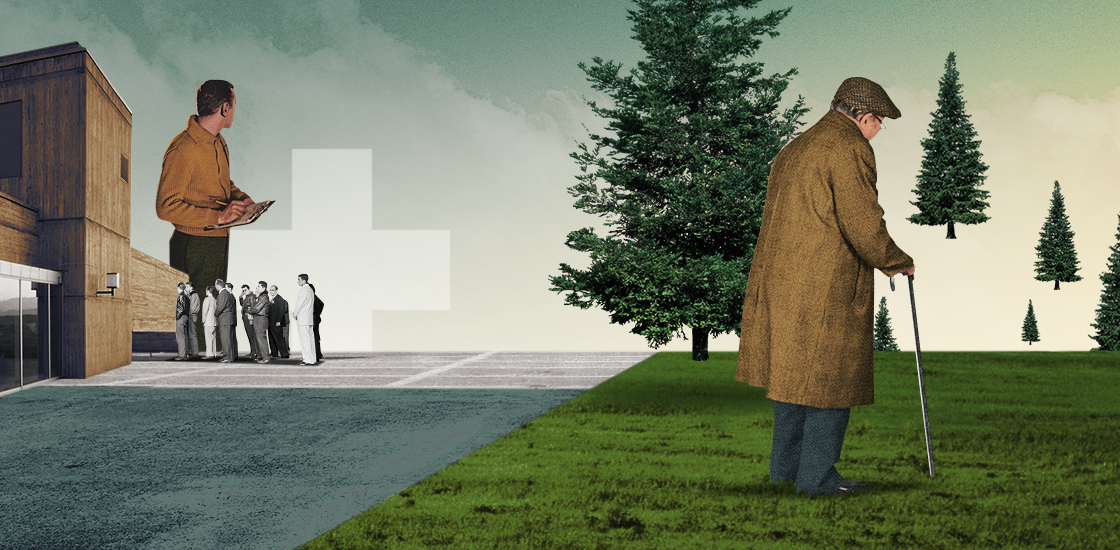Assistant professor of Psychology in Psychiatry at the Children’s Hospital of Philadelphia

Judith Miller
Assistant professor
Children's Hospital of Philadelphia
From this contributor
Why it is critical to assess quality of life in people with autism
Researchers and clinicians need fast, effective tools to measure quality of life in autistic people.

Why it is critical to assess quality of life in people with autism
With support, community doctors could detect adults with autism
Community mental health clinics, which serve millions of Americans, can help identify adults with undiagnosed autism — and change their lives for the better.

With support, community doctors could detect adults with autism
Explore more from The Transmitter
Two neurobiologists win 2026 Brain Prize for discovering mechanics of touch
Research by Patrik Ernfors and David Ginty has delineated the diverse cell types of the somatosensory system and revealed how they detect and discriminate among different types of tactile information.

Two neurobiologists win 2026 Brain Prize for discovering mechanics of touch
Research by Patrik Ernfors and David Ginty has delineated the diverse cell types of the somatosensory system and revealed how they detect and discriminate among different types of tactile information.
Shifting neural code powers speech comprehension
Dynamic coding helps explain how the brain processes multiple features of speech—from the smallest units of sounds to full sentences—simultaneously.

Shifting neural code powers speech comprehension
Dynamic coding helps explain how the brain processes multiple features of speech—from the smallest units of sounds to full sentences—simultaneously.
Astrocytes orchestrate oxytocin’s social effects in mice
The cells amplify oxytocin—and may be responsible for sex differences in social behavior, two preprints find.

Astrocytes orchestrate oxytocin’s social effects in mice
The cells amplify oxytocin—and may be responsible for sex differences in social behavior, two preprints find.